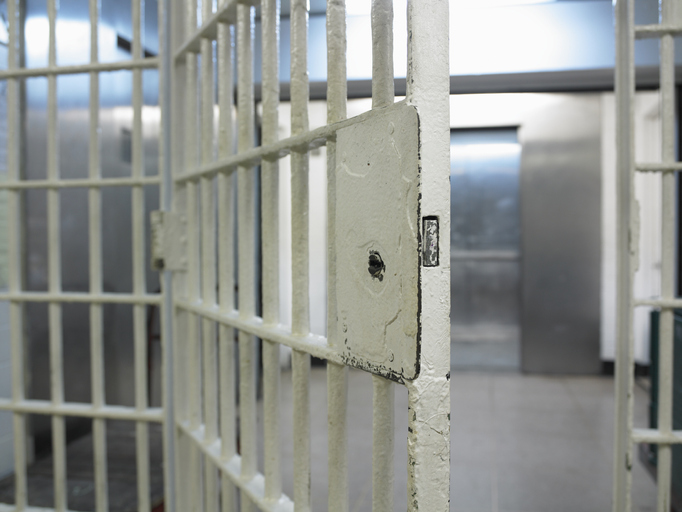
As of November 25, there were 14 people under court-imposed Warrants of Commitment being held in prison until they can be deported.
Half have finished a prison sentence, while Immigration NZ said the others were mostly long-term overstayers who presented a flight risk or risk of absconding.
Covid-related flight disruption and travel complications has scuppered deportation plans.
One person in Christchurch Women's Prison had spent 273 days in detention, another in Mt Eden Corrections Facility had been behind bars for 245, and another person 196 days.
Others range from 63 days to just a week.
Immigration lawyer Alastair McClymont said it was unfathomable that people should be languishing in prison for so long when others convicted of serious offences spent less time in jail.
He said with Covid not going away any time soon, the government needed to be bold and show some heart.
"What we're seeing at the moment is not only a complete lack of ideas about how to deal with this in a new way, but a total absence of compassion and empathy."
Lawyer and former Immigration Minister Tuariki Delamere said the law did not constrain how long someone served a deportation order could be kept behind bars.
But he said it was was never Parliament's intention to keep people locked up for so long.
"The intent of the law, to grant a Warrant of Commitment, was such that Immigration could arrange to deport them as soon as possible.
"But they are taking it to an extreme where they're keeping people in for 200 days or longer and I do not believe Parliament ever intended for something like that to happen."
Delamere said it was justifiable to hold dangerous people in prison, but immoral and unethical to lock up overstayers for indefinite periods of time.
He said Immigration Minister Kris Faafoi should step in and tell Immigration to release overstayers while the Covid travel disruption continues.
Faafoi did not respond to the lawyers' comments.
However, in a written statement, he said the pandemic has shut some borders completely.
He said some countries, including some Pacific Island nations, were unwilling to take back their citizens and have limited capacity to manage returning deportees in isolation facilities.
Faafoi said Immigration has assured him deportations would increase as flights become available.













